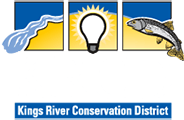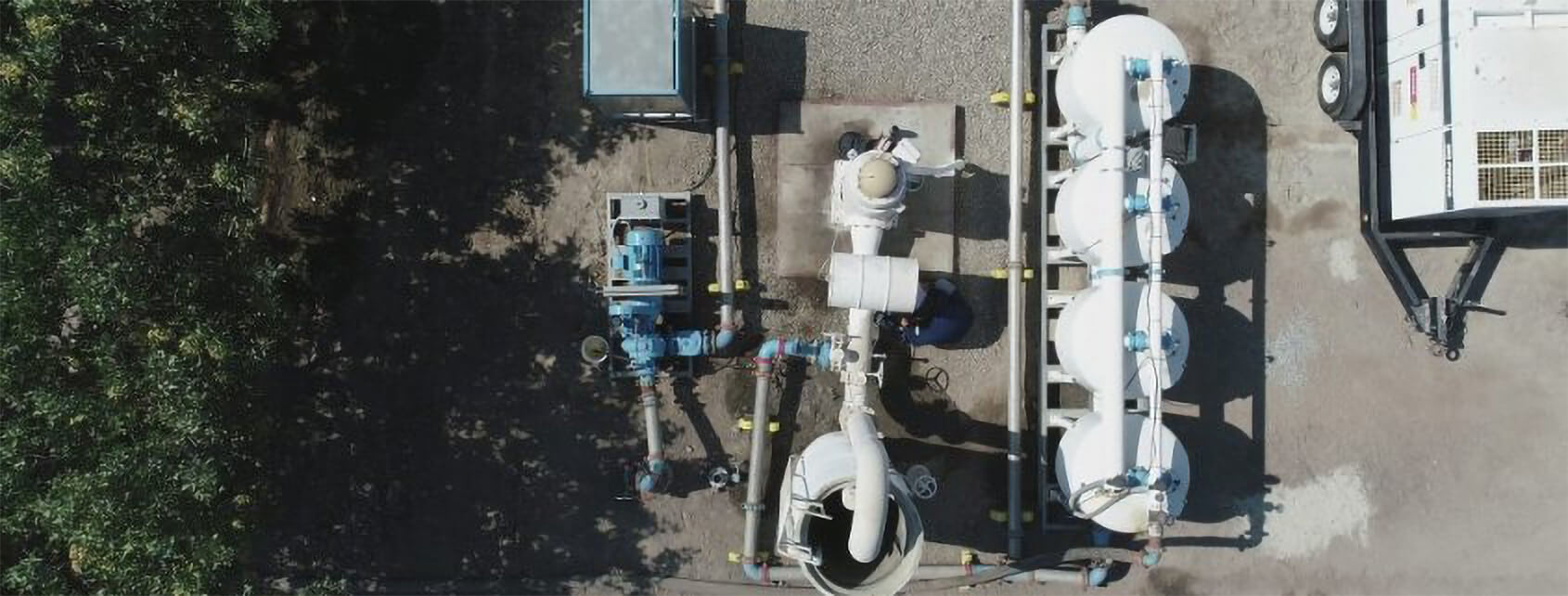COST TO CONDUCT FURTHER TESTING OF PILOT SITE:
$100,000 – $300,000
LOCAL GSA* WELL TESTING AND PROGRAMMATIC CEQA:
$1M – $5M
*Groundwater Sustainability Agency
The South Fork Kings GSA conducted a successful pilot test, but additional testing and research in other ASR settings is needed to design a full-scale ASR program that could be scaled across the GSA and throughout the Tulare Lake Subbasin. Research needs include further analysis of geochemical interactions and well performance changes, assessment of different agricultural well designs, and assessment of different aquifer
zones in the regional aquifer system.
Based on the SFKGSA pilot test, follow up testing at the pilot site is recommended, followed by testing of additional wells in different settings, and a programmatic CEQA analysis to evaluate environmental impacts and ASR program implementation issues. Regionally, other GSAs lacking suitable soils for surface recharge can use this research to consider ASR as a groundwater sustainability strategy in their GSAs.
PILOT STUDY
The South Fork Kings GSA is conducting an ASR pilot test to evaluate the technology. Early indications are showing success. A programmatic CEQA document will be prepared by mid-2022 to present guidelines for performing full-scale ASR projects by late 2022. Video: ASR explained

